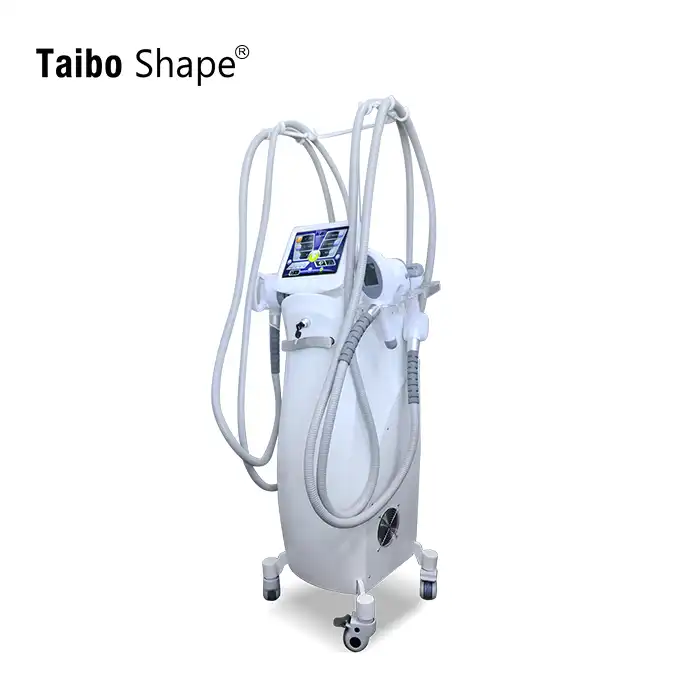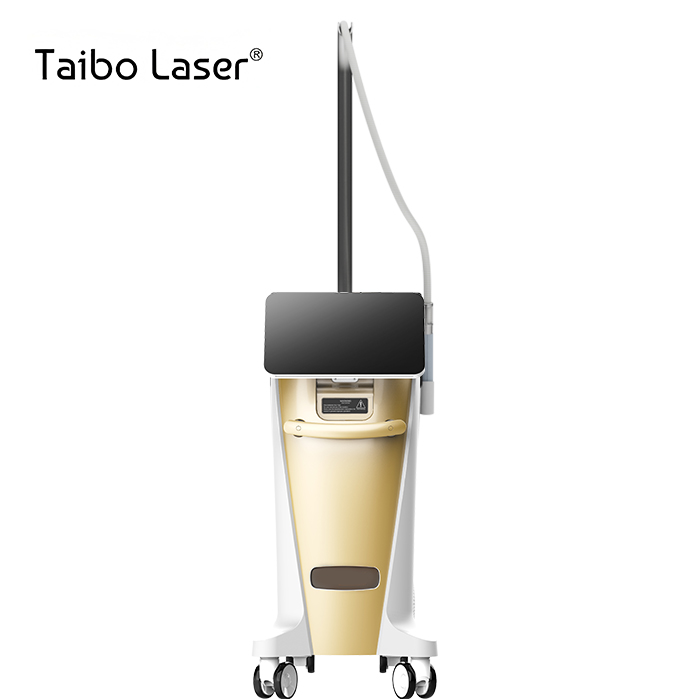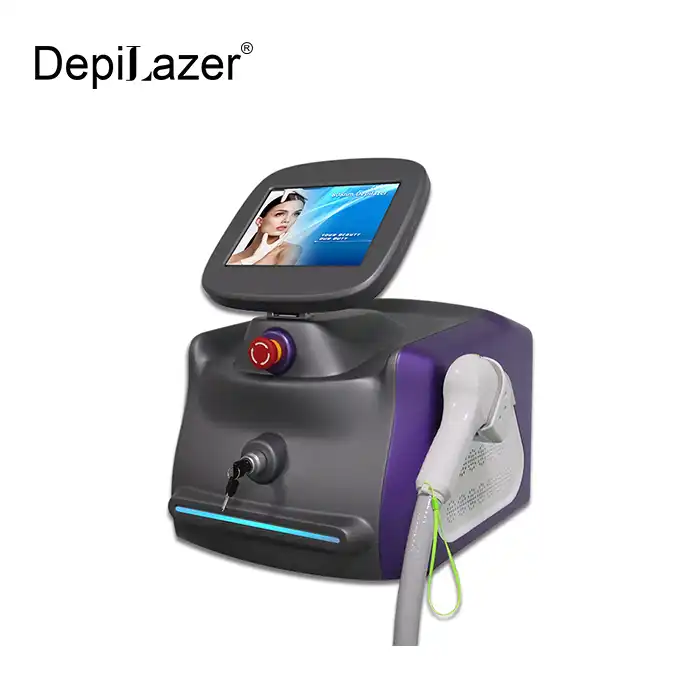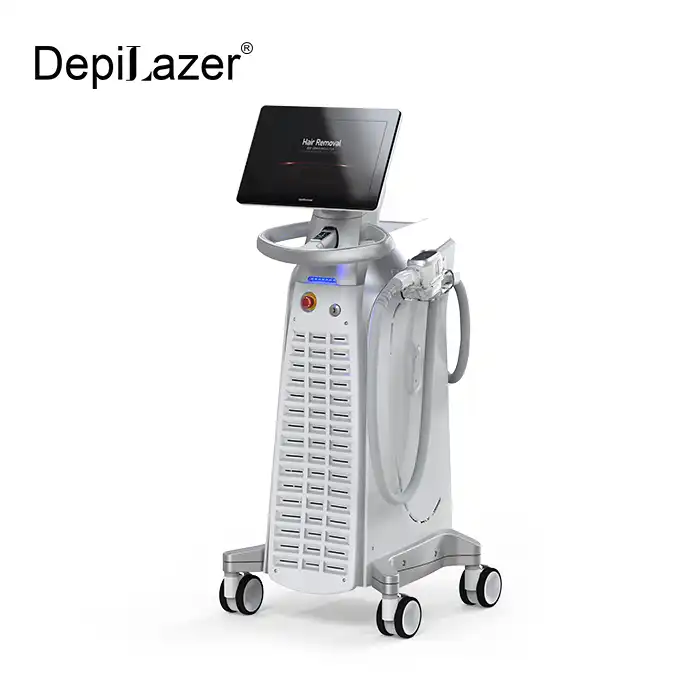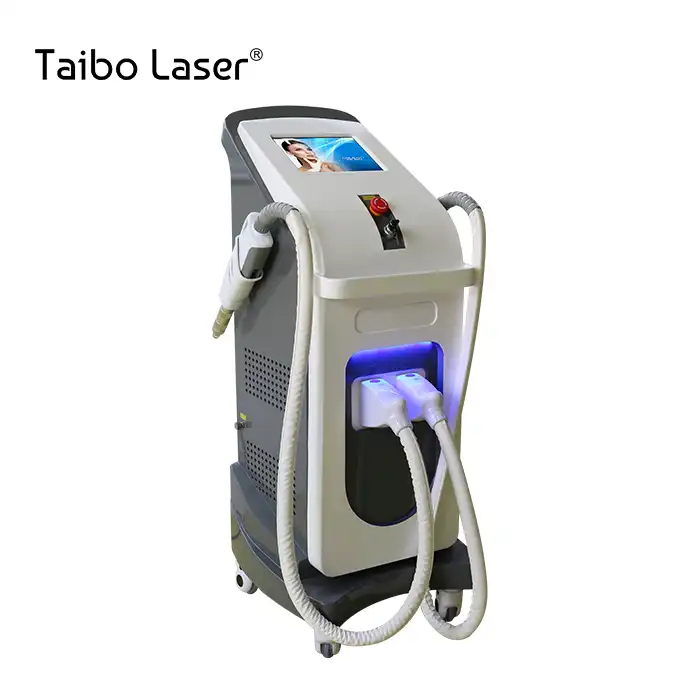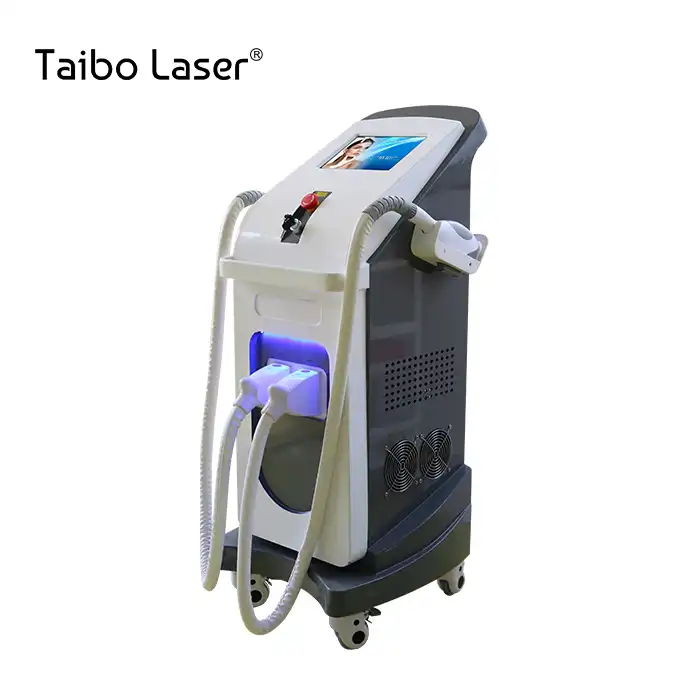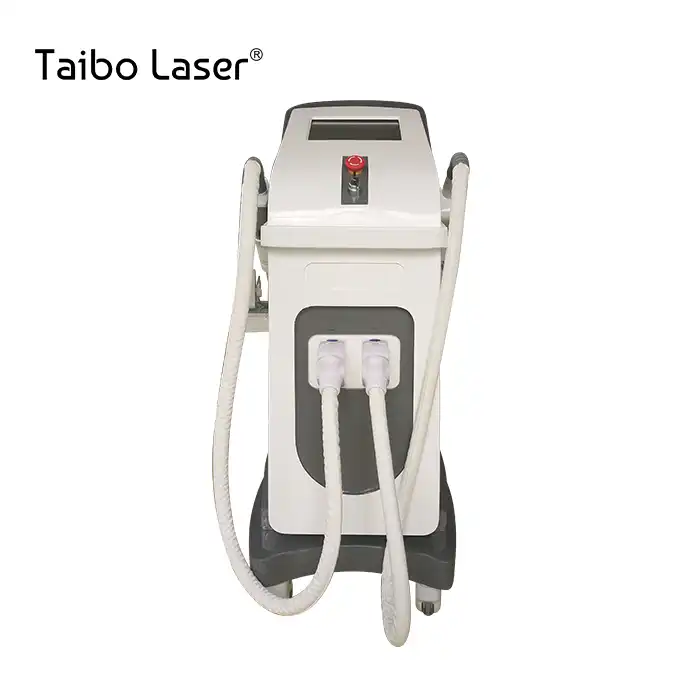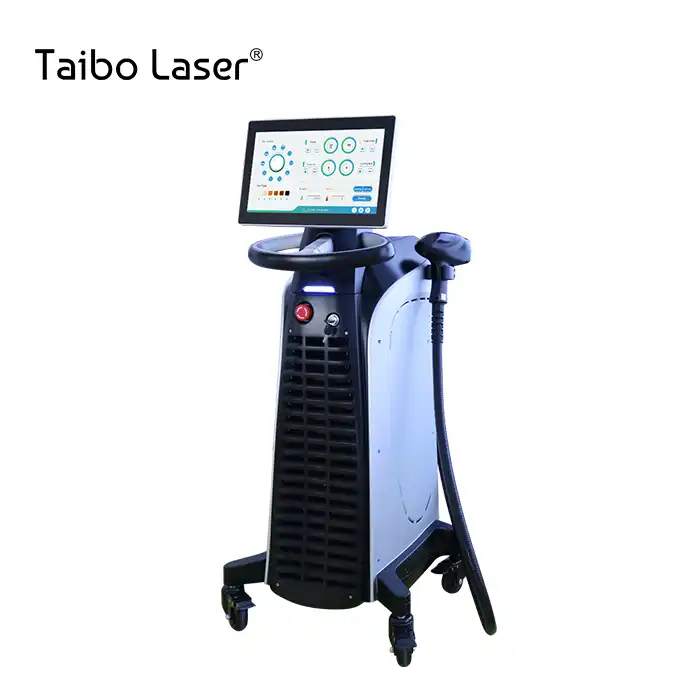
What Should You Know Before Choosing a Fractional CO2 Machine for OEM or Wholesale?
2025-08-01 09:00:01
Selecting the right fractional co2 machine for OEM or wholesale requires careful consideration of multiple factors that directly impact your business success. The fractional CO2 machine market has evolved significantly, with advanced technologies offering unprecedented precision in skin resurfacing, scar removal, and anti-aging treatments. Understanding the technical specifications, manufacturer credentials, and market positioning becomes crucial when making bulk purchases or customizing equipment for your brand. This comprehensive guide addresses the essential knowledge needed to make informed decisions, covering everything from laser parameters and safety certifications to manufacturer capabilities and after-sales support, ensuring your investment delivers optimal returns in the competitive beauty equipment market.
Technical Specifications and Performance Standards
Understanding Laser Technology Parameters
When evaluating a fractional CO2 machine, the laser specifications form the foundation of treatment effectiveness. Professional-grade fractional CO2 machines typically operate at a wavelength of 10.6μm with power outputs ranging from 1-40W, though quality manufacturers often exceed these ratings. The metal tube solid-state laser technology ensures consistent beam quality and extended operational life. The wavelength precision of ±0.1μm is critical for optimal tissue interaction, as even minor deviations can affect treatment outcomes. Advanced fractional CO2 machines feature multiple output modes including dot matrix, pulse mode with both long and ultra-pulse capabilities, and specialized modes for intimate treatments. The cooling system plays a vital role in maintaining laser stability, with water cooling being the preferred method for professional applications. The light guide system, typically featuring a 7-joint articulating arm with 635nm indicating light, provides precise treatment positioning and enhances operator control during procedures.
Treatment Head Diversity and Functionality
Modern fractional CO2 machines must offer versatile treatment capabilities through specialized heads designed for specific applications. Scanner heads enable precise skin resurfacing, wrinkle removal, and scar treatment through programmable scan patterns including ellipse, rectangular, triangle, hexagon, round, and custom shapes. Cutting surgery heads facilitate minor surgical procedures and skin tag removal with surgical precision. The inclusion of vaginal treatment heads, available in both 45-degree and 360-degree configurations, expands treatment options for intimate rejuvenation procedures. Vulvar bleaching capabilities further enhance the machine's versatility in aesthetic treatments. Each fractional CO2 machine should demonstrate consistent performance across all treatment modalities, with adjustable parameters allowing customization for different skin types and treatment goals. The ability to switch between treatment heads quickly and efficiently impacts clinic workflow and patient satisfaction.
Safety Features and Operational Controls
Safety considerations are paramount when selecting a fractional CO2 machine for professional use. Advanced machines incorporate multiple safety mechanisms including automatic shut-off systems, emergency stop functions, and real-time monitoring of laser parameters. The user interface should feature intuitive controls with clear visual feedback, typically through a 10.4-inch touch color screen that displays treatment parameters and system status. Operator safety features include protective interlocks, beam containment systems, and comprehensive warning systems. The fractional CO2 machine should comply with international safety standards and provide detailed safety protocols for different treatment types. Training requirements and safety documentation become crucial factors when considering bulk purchases, as proper operator training directly impacts treatment safety and efficacy. Quality manufacturers provide comprehensive safety training materials and ongoing support to ensure safe operation throughout the equipment's lifespan.
Manufacturing Quality and Certification Standards
International Certification Requirements
Professional fractional CO2 machines must meet stringent international certification standards to ensure safety, efficacy, and market acceptance. CE certification demonstrates compliance with European safety and performance requirements, while ISO 13485 certification indicates adherence to medical device quality management systems. These certifications are not merely regulatory requirements but indicators of manufacturing excellence and commitment to quality. FDA approval, though pending for many manufacturers, represents the gold standard for medical device safety and efficacy. Quality manufacturers maintain comprehensive documentation of their certification processes and provide detailed compliance reports. The fractional CO2 machine certification status directly impacts market access and professional acceptance, making it a critical factor in wholesale purchasing decisions. Regular audits and certification renewals ensure ongoing compliance with evolving regulatory requirements.
Quality Control and Testing Protocols
Manufacturing quality extends beyond initial certification to encompass comprehensive quality control throughout the production process. Established manufacturers implement multi-stage quality inspection procedures, including incoming material verification, in-process monitoring, and final product testing. Each fractional CO2 machine undergoes rigorous performance testing to verify laser output accuracy, beam quality, and system reliability. Environmental testing ensures equipment performs consistently across varying temperature and humidity conditions. Accelerated aging tests predict long-term reliability and identify potential failure modes before market release. Quality manufacturers maintain detailed production records and provide comprehensive test reports with each machine. The availability of quality documentation and testing protocols indicates manufacturing maturity and commitment to product excellence.
Production Capacity and Scalability
Manufacturing capacity directly impacts delivery timelines and pricing flexibility for OEM and wholesale customers. Established fractional CO2 machine manufacturers typically maintain multiple production departments with clear division of labor, including procurement, production, quality inspection, and packaging departments. Production scalability ensures consistent supply even during peak demand periods. The ability to rapidly scale production while maintaining quality standards indicates manufacturing sophistication and business stability. Manufacturers should provide realistic delivery timelines and demonstrate capacity to handle large orders without compromising quality. Production flexibility allows for customization requests and special requirements without significant delays. The manufacturing facility's size, equipment sophistication, and workforce capabilities all contribute to overall production reliability and customer satisfaction.
Manufacturer Support and Service Capabilities
Comprehensive After-Sales Support
After-sales support quality significantly impacts the long-term success of fractional CO2 machine investments. Professional manufacturers provide comprehensive warranty coverage, typically two years for equipment and components, with clear terms for warranty claims and replacement procedures. Technical support teams should offer 24-hour availability with multiple communication channels including phone, email, and video consultation. The availability of detailed operation manuals, training videos, and technical documentation ensures smooth equipment integration and operation. Remote diagnostic capabilities enable rapid troubleshooting and minimize downtime. Quality manufacturers maintain inventory of replacement parts and provide reasonable lead times for component replacement. The depth and quality of after-sales support often distinguish premium manufacturers from budget alternatives.
Training and Technical Education
Comprehensive training programs are essential for successful fractional CO2 machine implementation. Quality manufacturers provide multiple training formats including on-site training for bulk purchases, video-based training modules, and remote consultation services. Training should cover equipment operation, safety protocols, treatment techniques, and maintenance procedures. The availability of ongoing education and advanced training opportunities indicates manufacturer commitment to customer success. Training materials should be professionally developed and regularly updated to reflect equipment improvements and new treatment protocols. Certification programs and continuing education credits enhance the value of manufacturer training programs. The quality and comprehensiveness of training support often correlate with overall customer satisfaction and treatment outcomes.
OEM and ODM Customization Services
OEM and ODM services enable brands to differentiate their fractional CO2 machine offerings and build brand recognition. Quality manufacturers provide comprehensive customization options including software interface modifications, hardware specifications adjustments, and aesthetic design changes. Logo customization and branding integration should be seamless and professional. The ability to customize treatment protocols and user interfaces enhances brand differentiation and customer loyalty. Technical parameter adjustments allow optimization for specific market requirements and treatment preferences. Packaging customization and marketing material support further enhance brand positioning. The flexibility and quality of customization services indicate manufacturer sophistication and customer focus. Custom development timelines and minimum order quantities should align with business requirements and market entry strategies.
Conclusion
Choosing the right fractional CO2 machine for OEM or wholesale requires careful evaluation of technical specifications, manufacturing quality, certification standards, and support capabilities. Xi'an Taibo Laser Beauty Company exemplifies the manufacturing excellence expected from professional fractional CO2 machine factory partners, with over 15 years of production experience and comprehensive international certifications. Their commitment to quality, innovation, and customer support positions them among leading fractional CO2 machine suppliers in the global market. When selecting fractional CO2 machine manufacturers, prioritize partners who demonstrate technical expertise, regulatory compliance, and comprehensive support services. China fractional CO2 machine manufacturers like Taibo Laser offer competitive advantages through advanced manufacturing capabilities, competitive pricing, and flexible customization options. Contact susan@taibobeauty.com to discover how Taibo Laser's fractional CO2 machine solutions can enhance your business success and deliver exceptional value to your customers.
References
1. Chen, L., & Wang, M. (2023). "fractional co2 laser Technology: Clinical Applications and Safety Considerations in Aesthetic Medicine." Journal of Aesthetic and Laser Medicine, 15(3), 145-162.
2. Rodriguez, A., Thompson, K., & Miller, J. (2024). "Quality Standards and Regulatory Compliance in Medical Laser Device Manufacturing." International Journal of Medical Device Safety, 8(2), 78-95.
3. Kim, S., & Park, H. (2023). "Comparative Analysis of Fractional CO2 Laser Systems: Performance Metrics and Clinical Outcomes." Lasers in Medical Practice, 12(4), 203-218.
4. Anderson, R., Smith, D., & Johnson, P. (2024). "OEM Strategies in the Global Medical Laser Equipment Market: Trends and Opportunities." Medical Device Manufacturing Review, 19(1), 34-51.













